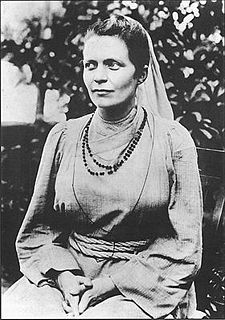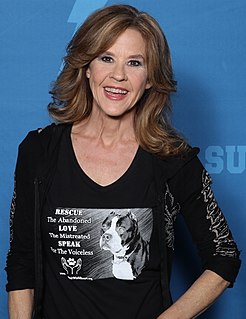A Quote by Amish Tripathi
In the India I was growing up in, history wasn't really a wise career option. People would joke and say, 'History's okay, but what's your actual job?' I didn't come from a privileged background and couldn't afford to be irresponsible, so I did the pragmatic thing and did a MBA.
Related Quotes
For those of us who got into good colleges or the professions, did we stand up to that high school history teacher who told us some ridiculous lie about American history and say, "That's a ridiculous lie. You're an idiot"? No. We said, "All right, I'll keep quiet, and I'll write it in the exam and I'll think, yes, he's an idiot." And it's easy to say and believe things that improve your self-image and your career and that are in other ways beneficial to yourselves.
I saw a huge steam roller, It blotted out the sun. The people all lay down, lay down; They did not try to run. My love and I, we looked amazed Upon the gory mystery. "Lie down, lie down!" the people cried. "The great machine is history!" My love and I, we ran away, The engine did not find us. We ran up to a mountain top, Left history far behind us. Perhaps we should have stayed and died, But somehow we don't think so. We went to see where history'd been, And my, the dead did stink so.
We must create a history of India in living terms. Up to the present that history, as written by the English, practically begins with Warren Hastings, and crams in certain unavoidable preliminaries, which cover a few thousands of years...The history of India has yet to be written for the first time. It has to be humanized, emotionalized, made the trumpet-voice and evangel of the race that inhabit India.
I've had people appear in my life that have helped me. I had more fun. I approached it thinking how would Jack Nicholson, "How would he do it?" So that's really what I did was I created this Gremlin character. So now people come up and they say 'Oh The Exorcist!'.. and I'm like "Did you see Repossessed?" They say either no or yes or whatever, and I say look at this, have a laugh, and then go back and look at a masterpiece.
They don't really focus on that history here in America. I remember growing up as a kid, history class was very washed-over. They didn't really get into the gritty bits of slavery. It's a very, very small section in the history books. It's not something they really touch on directly with American curriculums.
I get letters from two kinds of readers. History buffs, who love to read history and biography for fun, and then kids who want to be writers but who rarely come out and say so in their letters. You can tell by the questions they ask - How did you get your ?rst book published? How long do you spend on a book? So I guess those are the readers that I'm writing for - kids who enjoy that kind of book, because they're interested in history, in other people's lives, in what has happened in the world. I believe that they're the ones who are going to be the movers and shakers.

































